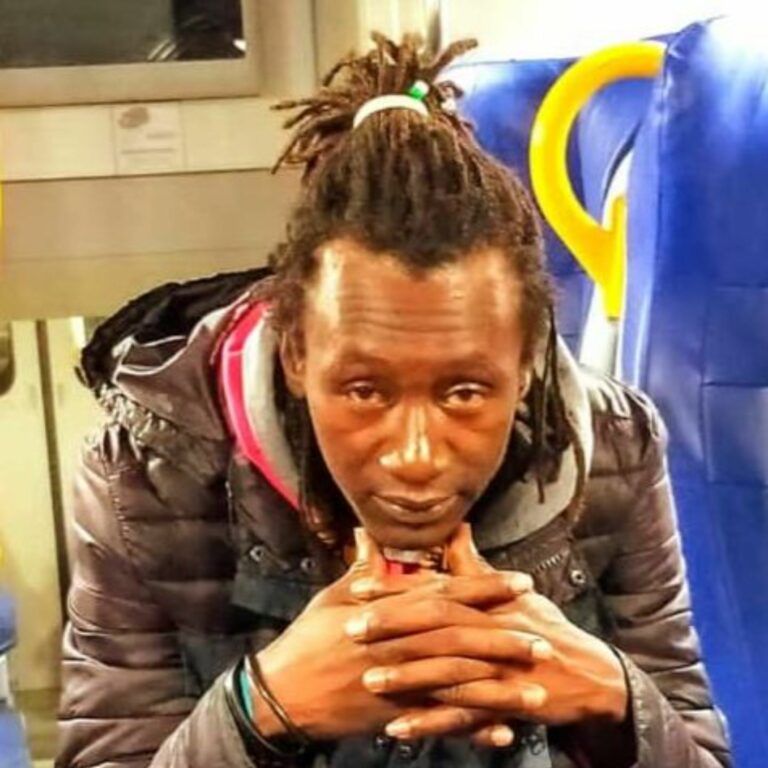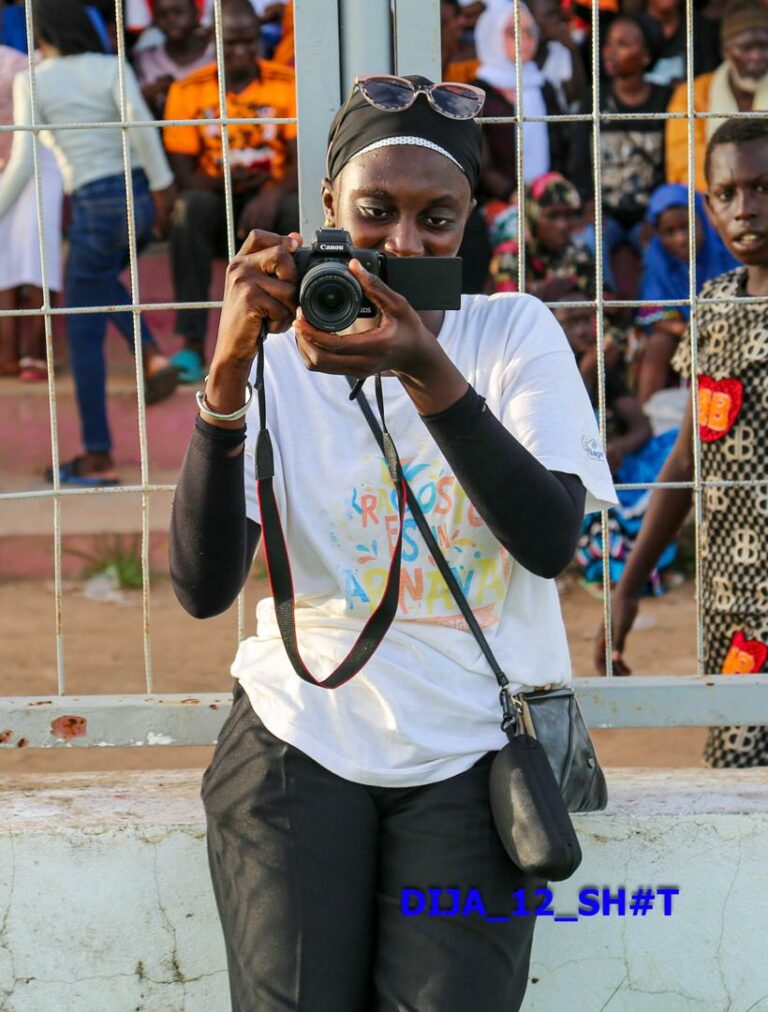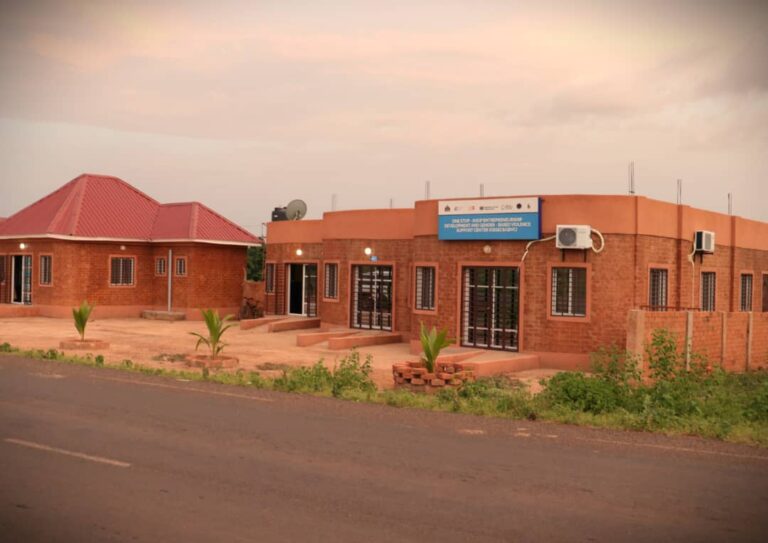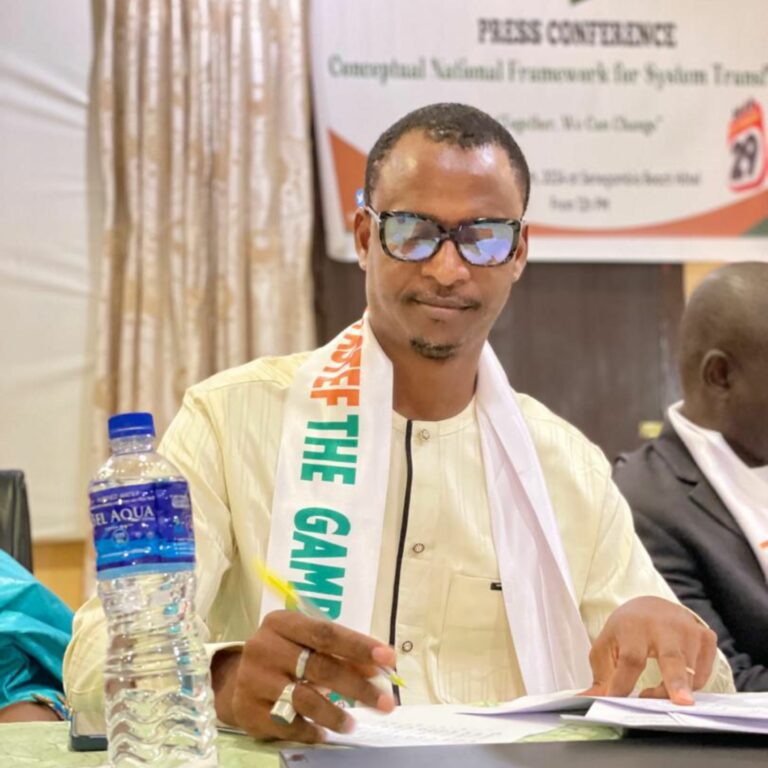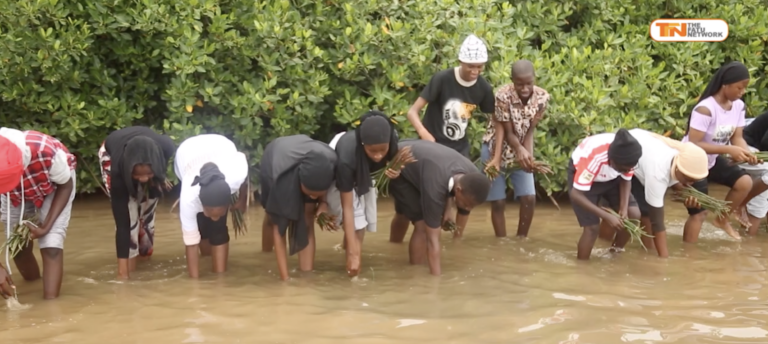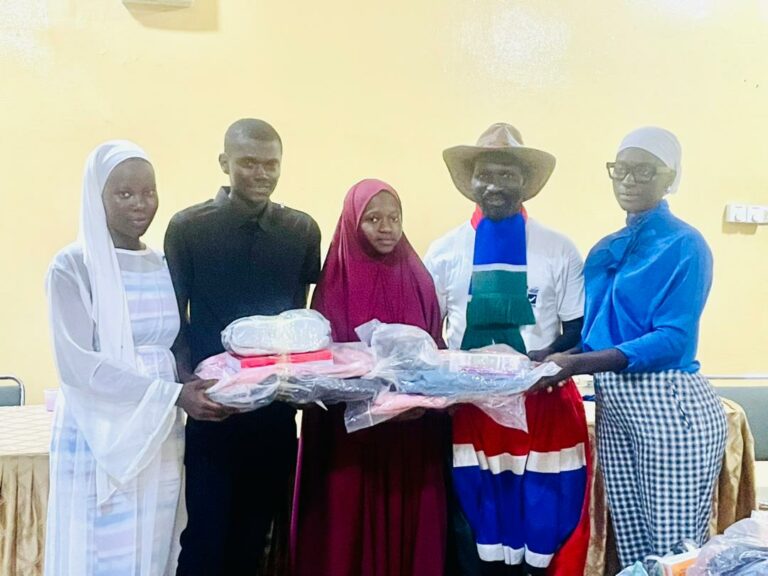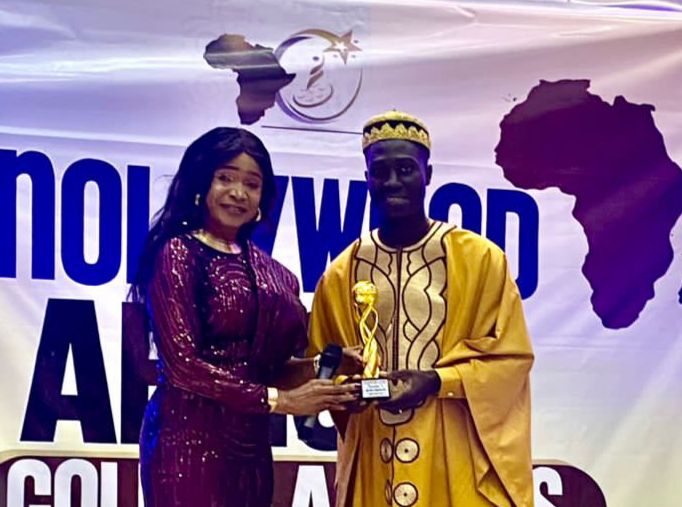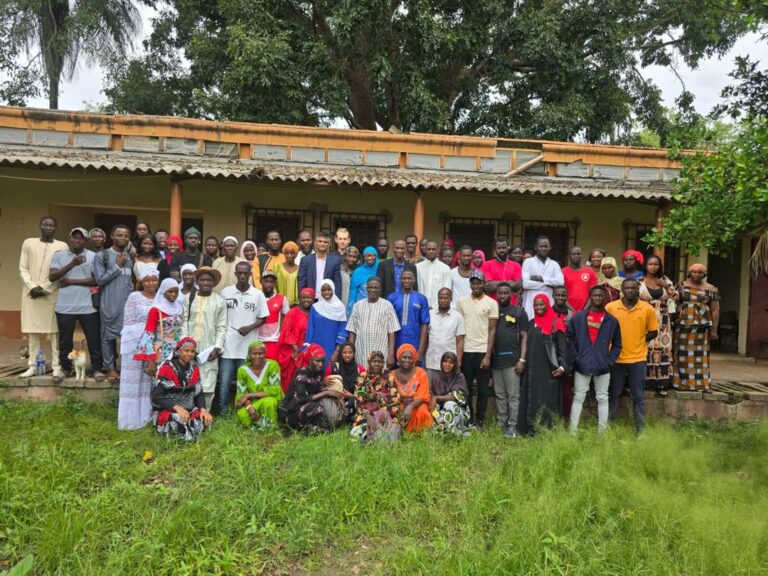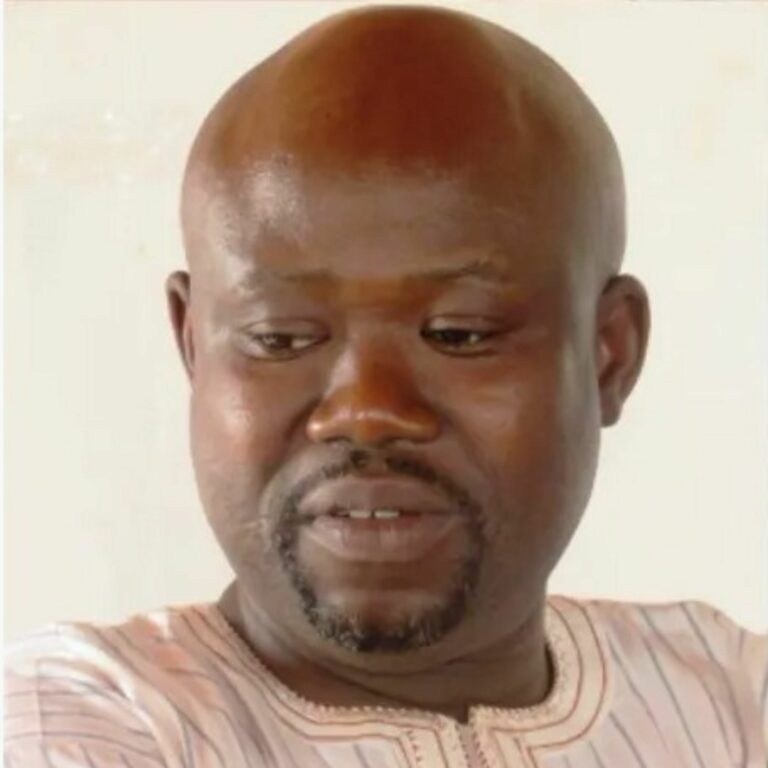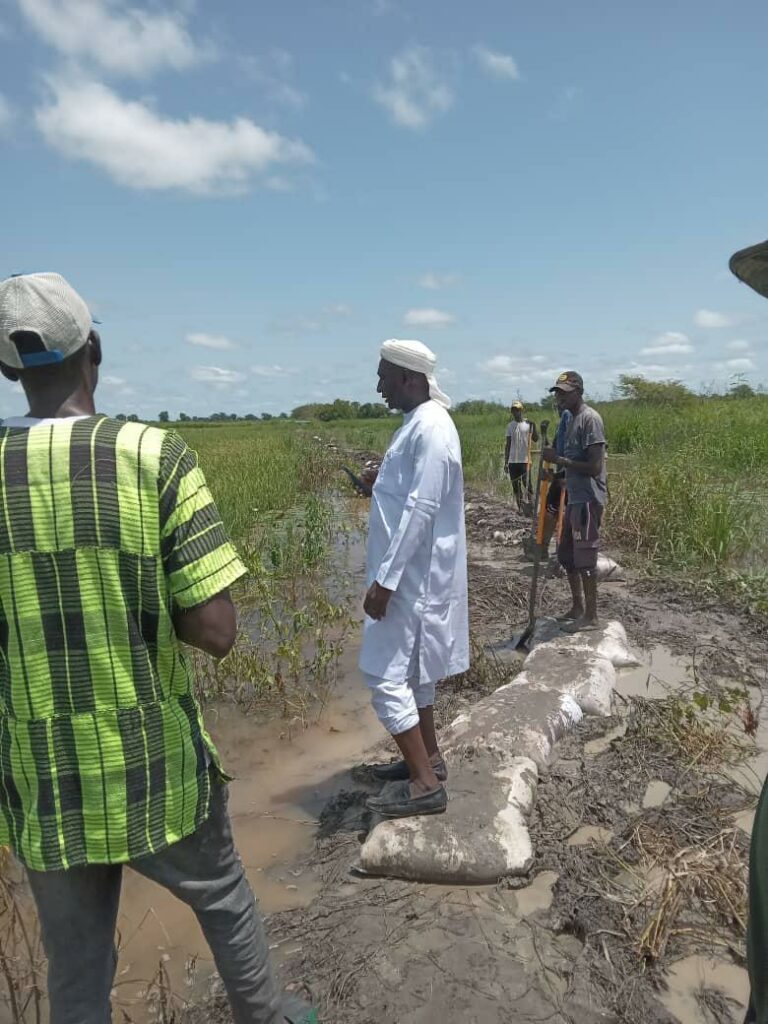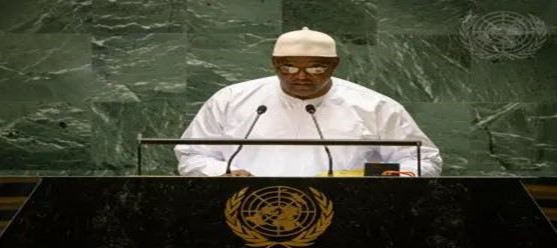By Abdou Komma
We do not need to debate the visible problems in society. Domestic violence is a reality that degrades our community; thus, there is a pressing need to change this dark chapter of our existence.
What is domestic violence? It is the use of force, both physical and emotional, against children, spouses, and close relationships. While definitions may vary, the core concept remains unchanged: it is a violation of human rights and ethics under the rule of law.
What do you think is the cause of this global problem affecting our livelihoods? One could assert, with merit, that the root causes of domestic violence stem from discrimination, gender disparity, and societal imbalances. In developing countries, dogmatic cultures and a culture of silence exacerbate the prevalence of domestic violence.
Domestic violence is a global threat that creates hurdles for individuals across all ages, societal statuses, religions, and socioeconomic backgrounds. It undermines liberal values and threatens social stability.
This issue has caused significant harm to humanity, impacting the mental and physical well-being of victims. Domestic violence is a global phenomenon, and its effects are not confined to any particular society.
According to the 2019-2020 Demographic and Health Survey, 9% of women aged 15 to 49 in Gambia have experienced sexual violence, while nearly 40% of married women have faced physical, sexual, or emotional violence from their current or most recent partners. The survey further indicates that about 51% of women and 35% of men in The Gambia believe that wife battering is acceptable.
This issue is not limited to Gambia; globally, domestic violence divides our ethical values. The World Health Organization (WHO) reports that about 1 in 3 (30%) women worldwide have been subjected to domestic violence, either within or outside of marriage. This statistic highlights that women are disproportionately affected, which is deeply concerning.
Domestic violence leads to environmental instability, home conflicts, and intensified separations between loved ones. As human beings, we must confront these challenges and strive to overcome them. Domestic violence is a man-made issue that can be addressed, if not entirely eradicated.
In an increasingly digital world, we must advocate for gender equality, empathy, social justice, and educational awareness to combat this injustice. The culture of silence must be dismantled, and human dignity must be upheld. Perpetrators must be informed that such actions will not be tolerated.
Governments have a crucial role in protecting the fundamental rights of domestic violence victims. This can be achieved through the implementation and enforcement of strict laws to guide the actions of perpetrators and safeguard victims. Additionally, governments should support victims and organize sensitization programs to educate society about the effects and consequences of domestic violence.
Media outlets also play a significant role, particularly in the digital age. They can organize programs addressing the social effects of domestic violence, provide platforms for victims to share their stories, and invite advocates to raise awareness about this global threat.
As writers, we are the voice of society and must not remain silent. Through article publications and community engagement, we can collectively address the effects of domestic violence. Together, we can make a significant impact through pragmatic measures and actions.
Men must treat their wives fairly, as they are not slaves. Parents should treat their children with respect, free from harassment, intimidation, and bullying, as they are the most vulnerable to domestic violence.
Ultimately, we are all endowed with fundamental human rights and must treat everyone equally, regardless of age, gender, religion, or background.
Let us unite to end domestic violence; we can create a comfortable environment for all, not just to select few.
Writer: Abdou Komma
Contact: +2203338631


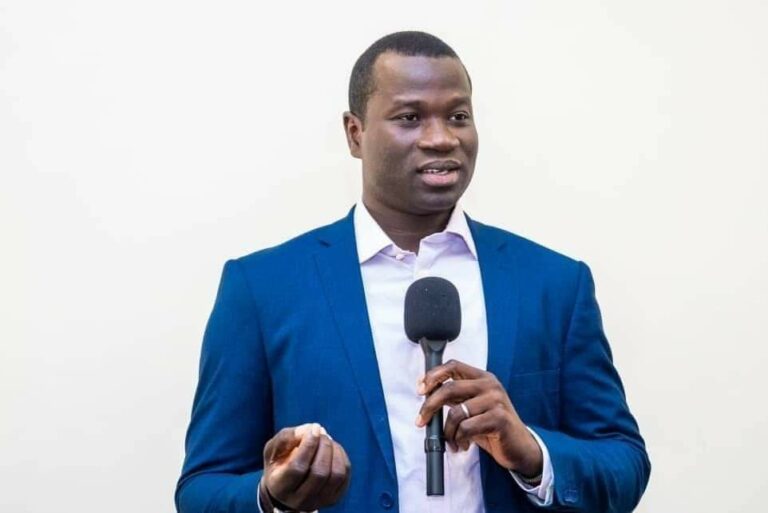
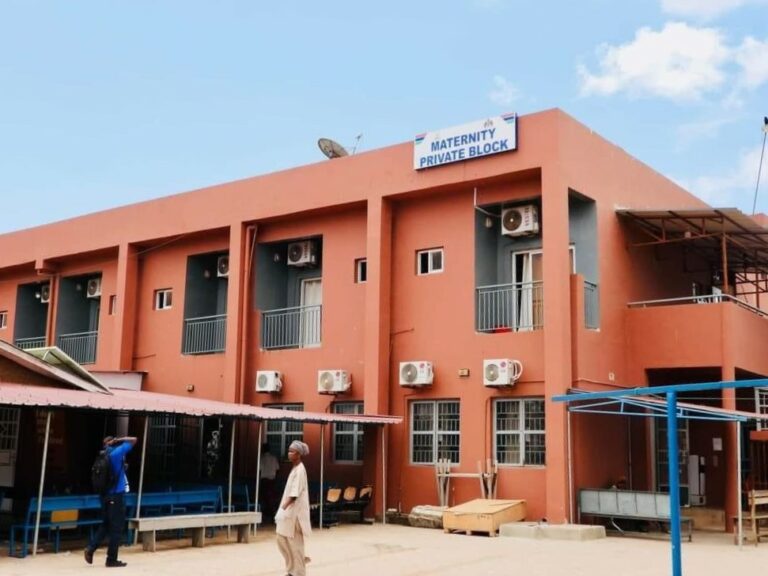

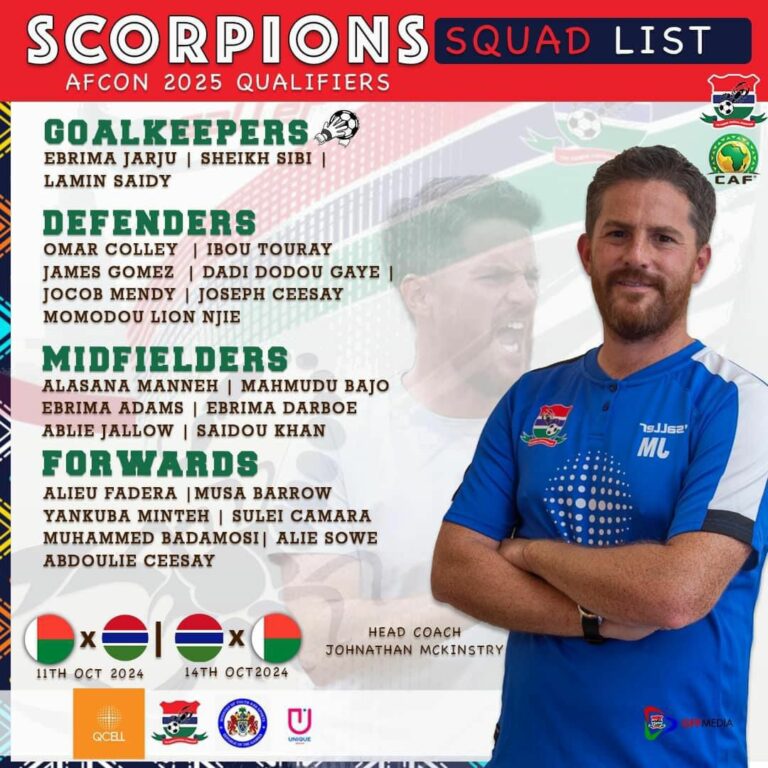
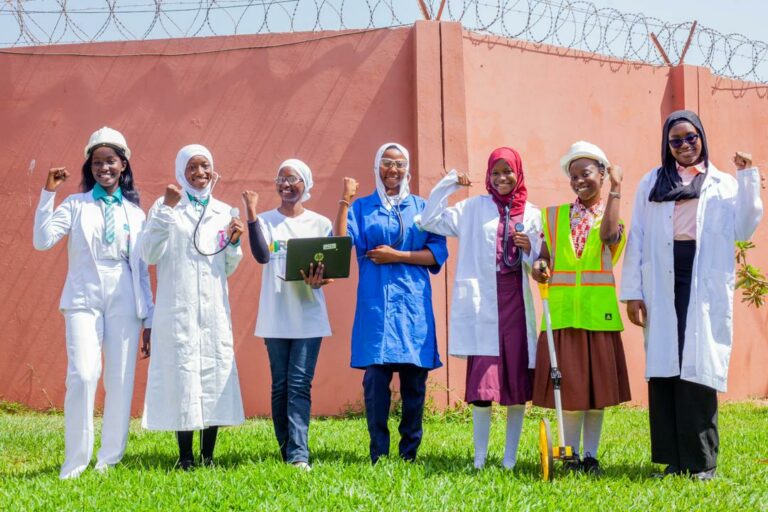

 Njie Charakh, a prominent Gambian entrepreneur, is preparing to launch a national and international tour to promote products made in The Gambia by mostly local women and girls.
Njie Charakh, a prominent Gambian entrepreneur, is preparing to launch a national and international tour to promote products made in The Gambia by mostly local women and girls. “I have seen that there are a lot of untapped natural resources that we can transform into finished products depending on the imported materials. This is why I choose to transform these natural products into tea bags for consumption,” she explained.
“I have seen that there are a lot of untapped natural resources that we can transform into finished products depending on the imported materials. This is why I choose to transform these natural products into tea bags for consumption,” she explained. She’s into making shea butter into different body creams that promote one’s health. “The shear butter is originally from Ghana which I made into different products that are good for health,” she noted.
She’s into making shea butter into different body creams that promote one’s health. “The shear butter is originally from Ghana which I made into different products that are good for health,” she noted.